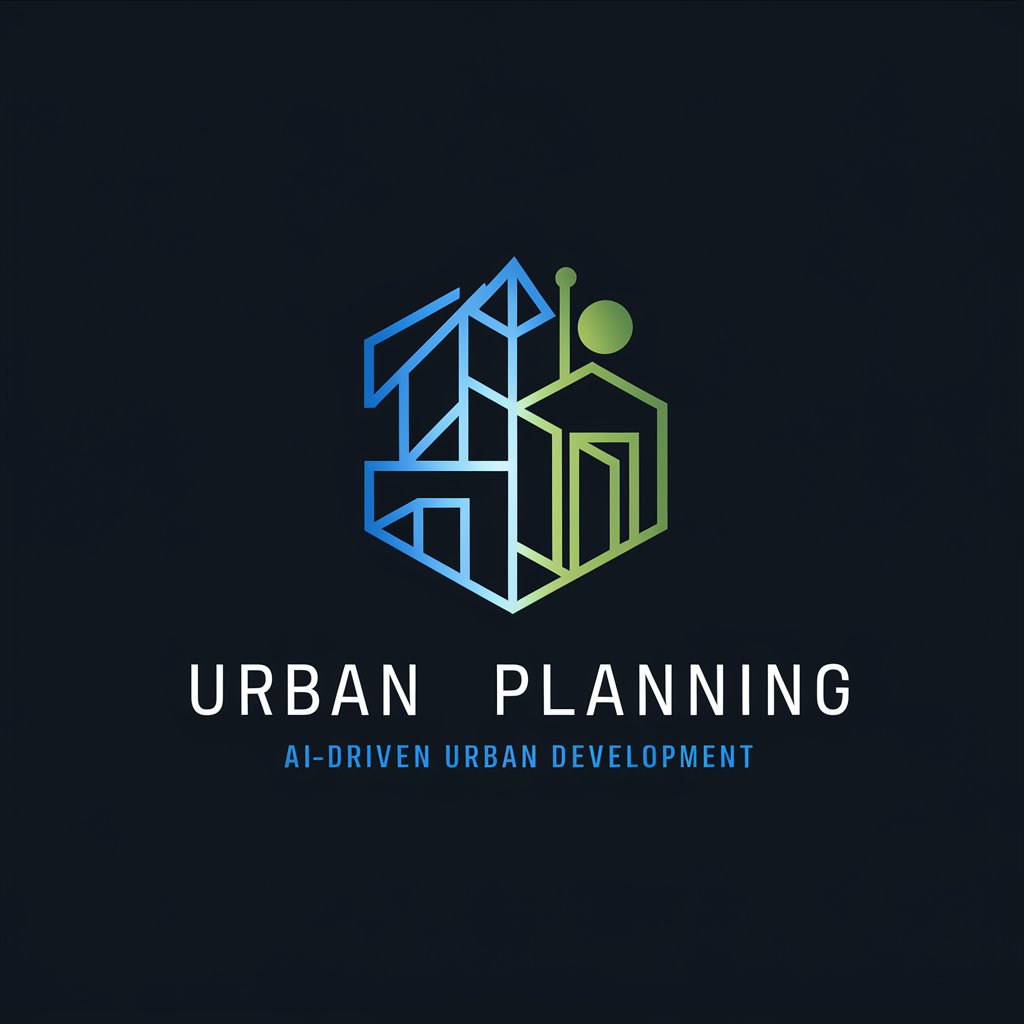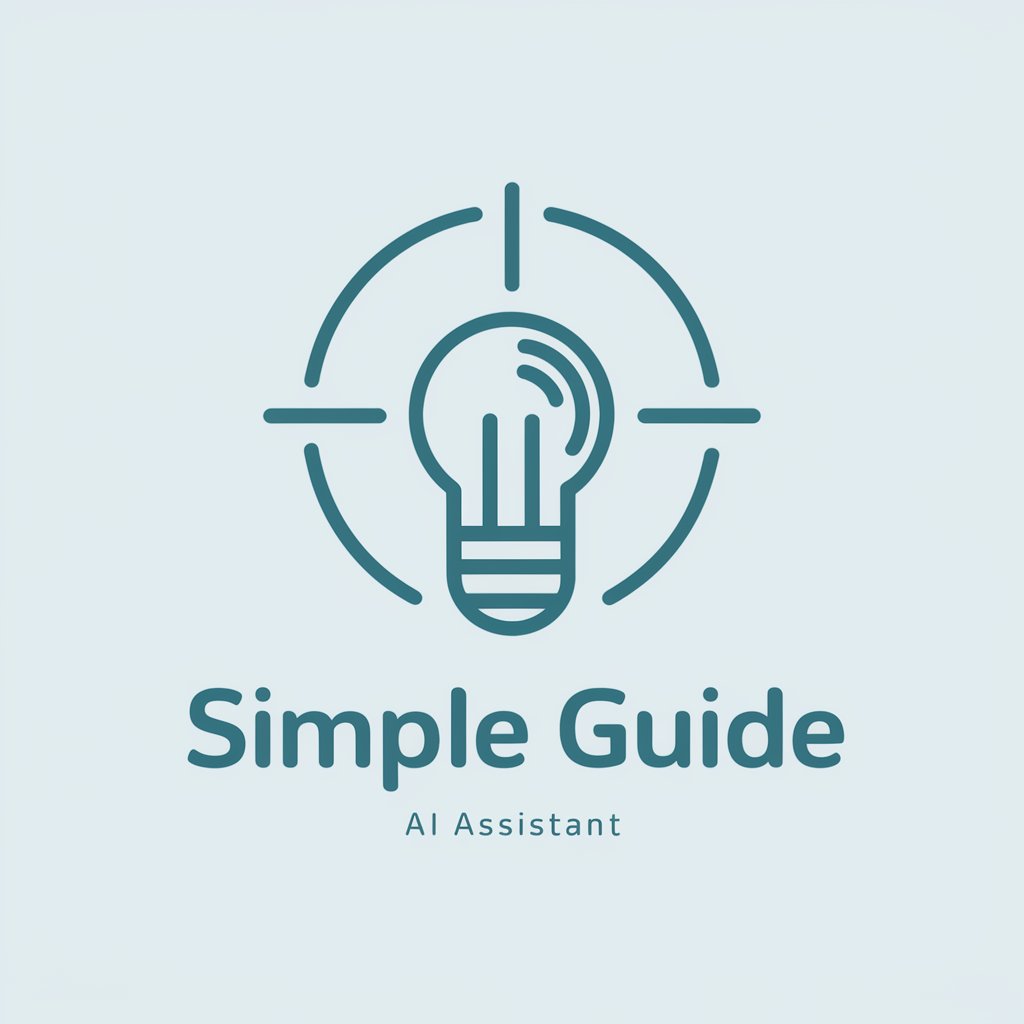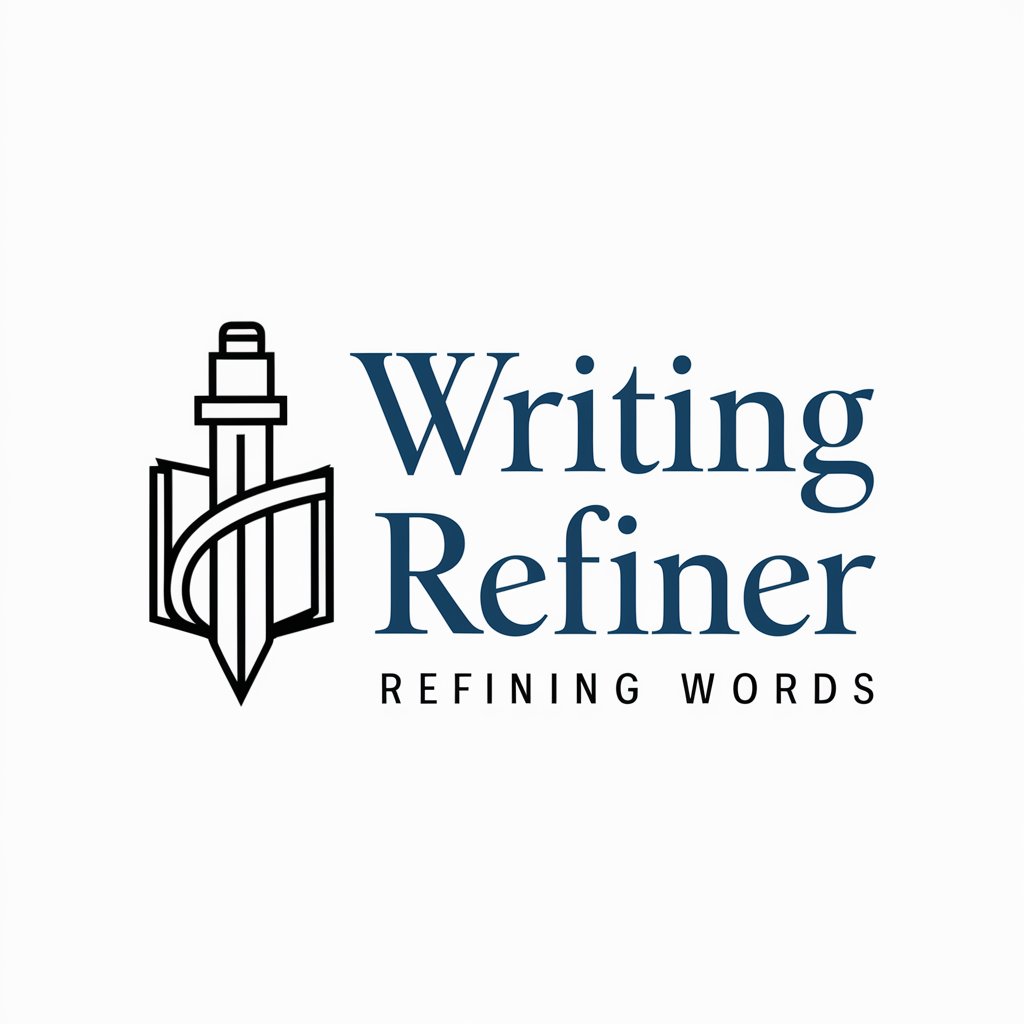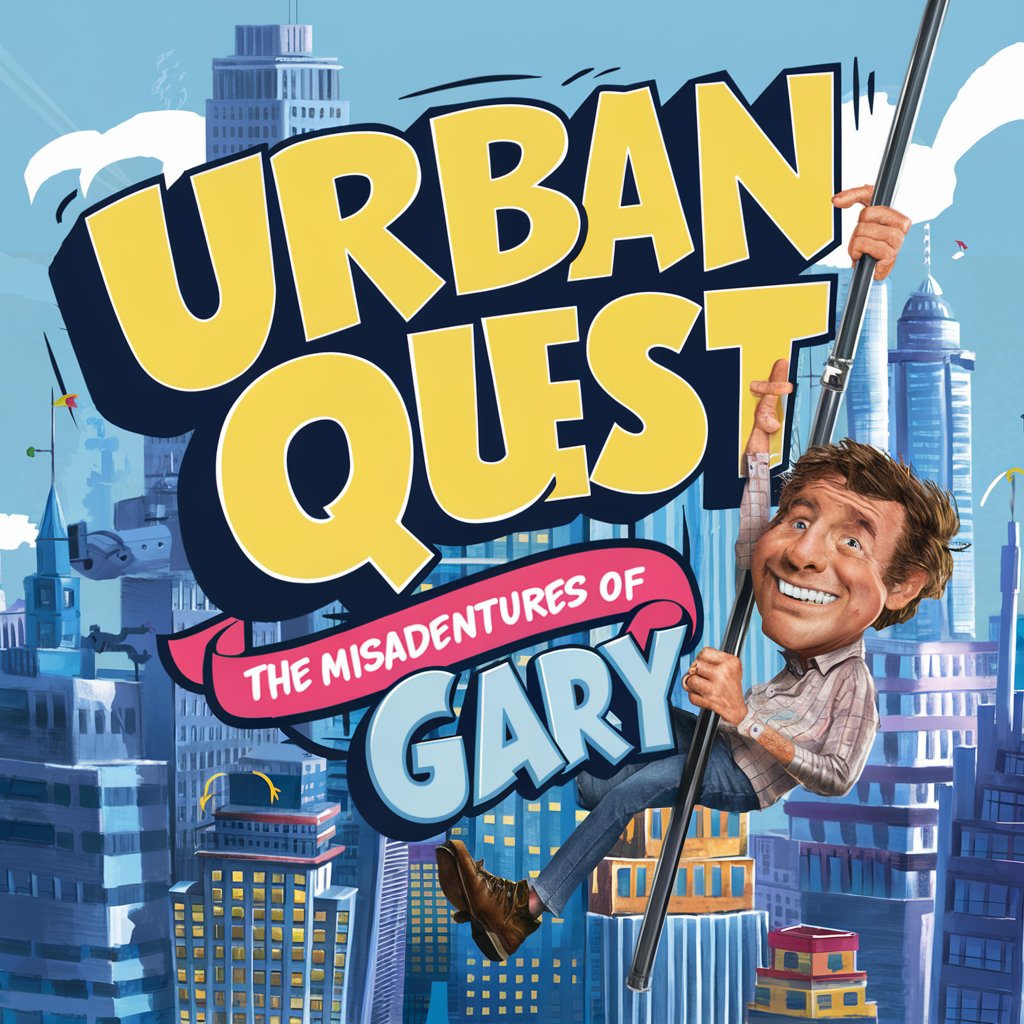AI in Urban Planning and Smart Cities GPT - AI Urban Planning Insights

Welcome! How can I assist you with urban planning and smart cities today?
Empowering Urban Innovation with AI
What are the latest trends in urban planning for smart cities?
How can AI improve the sustainability of urban areas?
What role does technology play in modern urban development?
Can you explain the benefits of smart city infrastructure?
Get Embed Code
Overview of AI in Urban Planning and Smart Cities GPT
AI in Urban Planning and Smart Cities GPT is a specialized artificial intelligence model designed to offer expertise and insights in the domain of urban planning and smart city development. Its primary purpose is to assist urban planners, policymakers, researchers, and professionals by providing data-driven insights, analyses, and recommendations to foster sustainable, efficient, and innovative urban environments. The GPT is programmed to understand complex urban systems and suggest optimizations using AI and data analytics, helping in areas such as traffic flow management, environmental sustainability, infrastructure development, and public service enhancement. Examples of its application include simulating urban growth scenarios to inform better planning decisions, optimizing public transportation routes and schedules, and providing guidelines for integrating renewable energy sources into urban grids. Powered by ChatGPT-4o。

Main Functions and Applications
Data Analysis and Prediction
Example
Predicting urban growth patterns
Scenario
Analyzing historical urban data and current trends to forecast future growth patterns, helping cities to plan for expansion, infrastructure development, and resource allocation efficiently.
Transportation Optimization
Example
Improving public transport systems
Scenario
Using AI to analyze traffic data and commuter patterns to optimize public transport routes and schedules, reducing congestion and improving commuter experience.
Environmental Sustainability
Example
Enhancing green urban areas
Scenario
Leveraging AI to analyze environmental data and urban layouts to recommend optimal locations and strategies for creating and maintaining green spaces, contributing to biodiversity, pollution reduction, and climate change mitigation.
Smart Infrastructure Planning
Example
Integrating IoT in public services
Scenario
Applying AI to plan and implement smart infrastructure projects, such as smart lighting and waste management systems, by analyzing urban operational data and incorporating IoT devices to enhance efficiency and reduce costs.
Target User Groups
Urban Planners and Architects
Professionals involved in planning and designing urban spaces and infrastructure can leverage AI insights for sustainable and efficient development strategies.
Local Government and Policy Makers
Local government officials and policymakers can use AI-driven data analyses to make informed decisions on urban policies, regulations, and public services to meet the community's needs effectively.
Environmental Researchers
Researchers focusing on urban environments and sustainability can utilize AI to analyze environmental impacts of urbanization and propose evidence-based solutions for reducing carbon footprints and enhancing green spaces.
Smart City Technologists
Technology professionals specializing in smart city technologies can apply AI insights to innovate and implement solutions for smart infrastructure, IoT integrations, and efficient urban services.

Guidelines for Utilizing AI in Urban Planning and Smart Cities GPT
Initial Access
Start by accessing a trial version at yeschat.ai, where you can explore the functionalities without the need for signing up or subscribing to ChatGPT Plus.
Define Objectives
Clearly outline your urban planning or smart city development goals to ensure the AI provides relevant and targeted assistance.
Select Features
Choose from a variety of features such as data analysis, simulation models, or predictive analytics, depending on your specific urban planning needs.
Interact Intelligently
Engage with the AI by asking detailed questions or presenting complex scenarios to gain insights into urban planning strategies and smart city solutions.
Incorporate Feedback
Utilize the feedback mechanism to refine the AI's responses and ensure continuous improvement in providing expert assistance for your urban development projects.
Try other advanced and practical GPTs
Sage Insights
Automate Smarter, React Faster

Simple Translator
Translate instantly with AI power

Simple Guide
Simplify Complexity with AI

Writing Refiner
Enhance Your Writing with AI

Urban Quest Guide
Craft Urban Adventures with AI

Math Translator Pro
Transforming Math Texts Across Languages

Backrooms & SCP TTRPG
Unleash the unexplored with AI-driven horror

Backrooms Generator
Craft Infinite Backrooms Worlds AI-Powered

Unit 6 - Reproduction
AI-powered Educational Assistant

Celestial Muse
Visualizing Dreams with AI Artistry

SCP 914
Transforming the Ordinary into the Extraordinary with AI

Mulher Virtuosa
Empowering through Proverbs 31 Wisdom

Frequently Asked Questions about AI in Urban Planning and Smart Cities GPT
How can AI in Urban Planning and Smart Cities GPT assist in traffic management?
The AI can analyze traffic patterns, predict congestion points, and suggest optimal traffic routing to enhance urban mobility and reduce congestion.
Can this AI help in environmental sustainability planning?
Yes, it can analyze environmental data, simulate the impact of urban projects on sustainability, and recommend green infrastructure and policies to promote ecological balance.
Is it possible to use this tool for public engagement in urban projects?
Certainly, the AI can analyze public feedback from various digital platforms to gauge community sentiment and suggest strategies for effective stakeholder engagement.
How does AI contribute to smart city safety and security?
It utilizes predictive analytics and real-time data to identify potential safety threats, optimize emergency response, and enhance overall urban security frameworks.
Can this AI provide insights into urban economic development?
Yes, by analyzing economic trends, investment data, and market conditions, the AI can offer valuable insights for fostering economic growth and development in urban areas.
